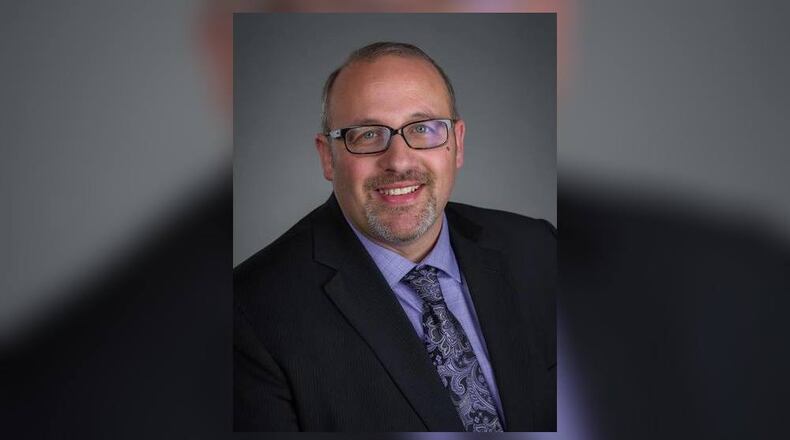Symptoms of MCI may include forgetting conversations, misplacing items in the home, difficulty keeping your train of thought, losing your way to a once familiar place or feeling overwhelmed when making decisions or completing everyday tasks like paying a bill.
It is estimated that 12% to 18% of people age 60 or older have MCI, but confusion about it exists. Despite how many Ohio older adults have MCI, the 2022 Alzheimer’s Disease Facts and Figures published a survey on MCI that reported:
- More than 4 in 5 Americans (82%) know very little or are not familiar with MCI.
- When prompted with a description of MCI, more than half of Americans (55%) say MCI sounds like “normal aging.”
- When MCI due to Alzheimer’s disease is described, almost half of Americans (42%) express worry about developing it in the future.
- Without greater awareness and understanding of MCI, opportunities for early diagnosis and treatment are delayed. Current studies suggest 10% to 15% of individuals with MCI go on to develop dementia each year.
Let’s hope you never have to deal with MCI, Alzheimer’s or dementia. If you are experiencing some cognitive impairment, I encourage you to go to your doctor. Do not wait. Request a cognitive assessment and be open about symptoms and concerns you may have. Early diagnosis is key in the treatment of MCI, Alzheimer’s and other dementia.
The most important thing to know is that you and your family are not alone. Contact the Alzheimer’s Association at alz.org/dayton for information on local resources like personal care consultations, educational programs and support groups. You can also call (937) 291-3332 or the 24/7 Helpline at (800) 272-3900.
Eric VanVlymen Executive Director, Alzheimer’s Association Miami Valley Chapter
About the Author
